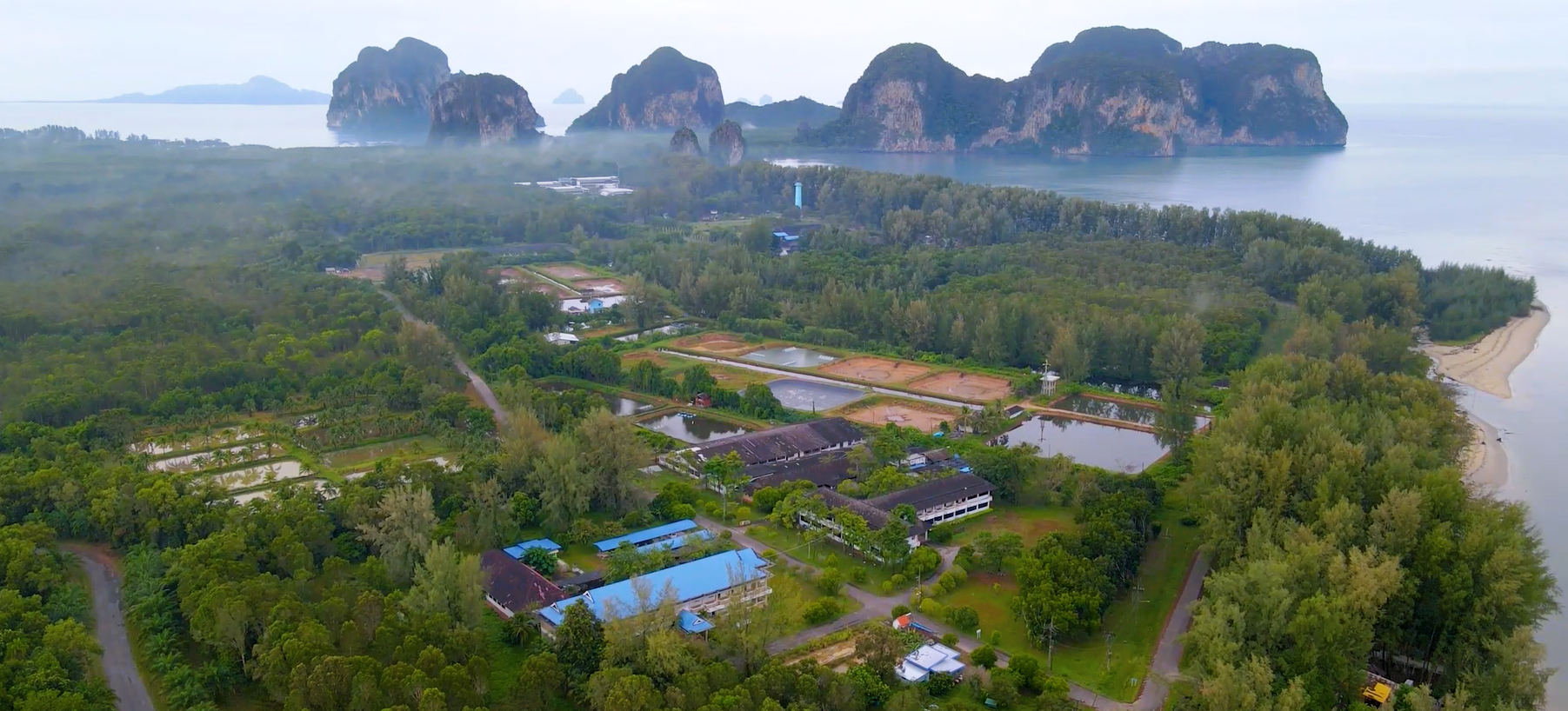Educational Philosophy
“Create a creative society, promote intellect, develop research, embrace technology.”
VISION
To produce high-quality graduates in fisheries and environmental sciences, create innovative research and innovations that meet the needs of society and the nation.
MISSION
- Produce quality graduates in fisheries and environmental sciences that align with the needs of society and the nation
- Develop the organization and its personnel to achieve excellence in both academic and professional fields.
- Produce high-quality research and innovations that meet the needs of society and the nation.
- Transfer knowledge and academic services according to societal needs to promote sustainable careers.
- Promote religious activities, Thai cultural arts, local wisdom, and environmental conservation.
Identity
“Technical expertise, practical skills, technical proficiency.”
Desirable Graduate Attributes
- Disciplined, honest, selfless, public-minded, and loyal to the organization.
- Practitioner, eager to learn, hardworking.
- Think effectively, act efficiently, apply knowledge practically.
- Possess numerical analysis skills.
- Proficient in technology with global communication skills.
- Responsible to oneself and society.
- Capable of working in a team, both as a leader and a follower.
- Preserve Thai arts and culture, and the environment.
- Have perfect health both physically and mentally.
Rajamangala University of Technology Srivijaya Council Policy
- Policy on developing the quality of teaching and learning.
- Student quality development policy.
- Personnel development policy.
- Policy on research development, inventions, innovation and community service.
- Policy on development, preservation of arts and culture and environmental conservation.
- Policy on management development and quality assurance.
Strategic issues
- Create outstanding and specialized excellence according to spatial identity.
- Create research for spatial development and create economic value.
- Create innovative academic services that create business opportunities.
- Creating cultural heritage based on the concept of sustainable cultural enterprises.
- Create a modern management system to support change.

